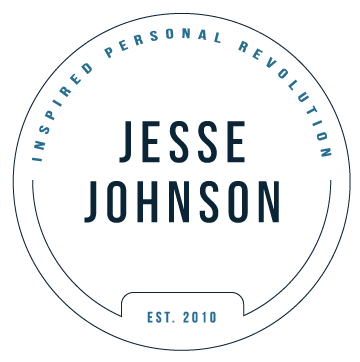15 Aug Is Your Relationship Suffering from the “Terrible Twos?!”
Intimate partnerships, as an entity of their own, develop much like people do. Starting at the birth of the relationship, that magical moment in time when a completely electric connection is born to ourselves and to the world, a relationship consists of the energetic, emotional, and physical contributions of both participants. In this article, I want to present some validation as well as some options for those of us who get caught in our own impasse at certain points in relationship.
Like early infancy, the main impasse of a new relationship is to examine its safety. This is when we are usually most excited and curious as everything is new, vibrant, and possible. Like a newborn just birthed to the world outside of the womb, we are also getting a feel for all the elements of our new environment: “How much can I explore here and still be okay? Is this new place interesting to me? Can I be myself?” Questions like these may as well be subtext for us when we are considering sharing personal facts, thoughts, intimacy, and hopes with our new love interest!
Once the relationship “has legs,” much like a 2-year old, it can “walk,” it can push boundaries, and it can get upset when its needs aren’t met, because it’s ready for more! Likewise, many relationships fall apart in the 2-3 year time frame, as this is often when the initial romantic novelty inevitably gives way to a sense of plateaued normalcy. This is when things get real for many couples. Resentments start coming out sideways, conflict and friction increase, while intimacy and excitement wane, and very often, the people involved make meaning out of this mix that, “Oh, this is the wrong person for me, I’m out!”
Sound familiar? If so, then congratulations, you’re just like the rest of us! Honestly, this is the type of thinking for which most of us have been conditioned! We’re taught to be disconnected from our raw experience (emotions, thoughts, sensations), and “window shop” for our “ideal mate,” who is supposed to fill our void. Just like a 2-year old asserting his autonomy from a once-dependent relationship, we must grow out of this belief system if we are ever to find sustainable relationship. I don’t claim to have all (or any) “answers” for you, so I’ll give you some ideas to try on and work with.
1. Who Am I? Start doing some introspective work into deeper layers of yourself. Ask yourself this question and write down the answer. Keep asking and answering until you have no more. Study the answers. Do you see any themes developing? How much of what you listed relates to actions, roles, and titles, and how much to qualities and raw experience of you? How much is happening in this moment versus a definition of yourself in the past, or a wish for the future?
2. What Do I Want? This is so critical, because I want to fight against the conditioning that tells us that we are ordering our partner off of a dinner menu of some kind, which is most of what I pick up from people. Here’s the twist, as you imagine ordering your perfect match from the menu, ask yourself, “if my partner had this quality/feature/etc., what would that do for me?” Whatever you imagine this person to be like can inform you of an important need or value you have for sustainable relationship. The quality/feature is just one strategy to meet that need. When you can answer these questions in terms of personal needs and values, you may open up to a whole new world of possibilities.
3. How Am I Living? Building on the first two concepts, it’s vital to be living in connection with our truth! We will attract what we put out there, so dare to embrace your truth, speak your truth, and believe that you can be met in this truth. Watch your thoughts, words, and actions and monitor how well they represent what you really want for yourself in relationship. As your thoughts, words, and actions become more deeply aligned with your true needs and values, it will be inevitable that you will attract only those who align this way.
4. Ask for Feedback That’s right, see how others experience you, and more cleanly (if they can), how they experience themselves with you. Find people in your life who genuinely care about you enough to be honest, it’s invaluable. If you prefer doing this work more anonymously, find a group of some kind. In addition to relationship groups, search Meet-up, and NVC practice groups in your area.
What are your thoughts on this?


